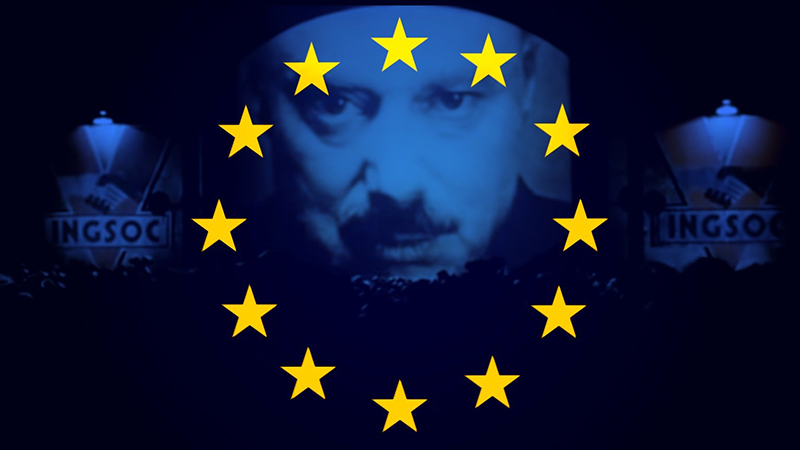Trending
ECB Head: Digital Euro Won’t Be Anonymous, Concerns About “Big Brother” Overreach Are A “Conspiracy Theory”

During a recent hearing at the European Parliament, Christine Lagarde, the President of the European Central Bank (ECB), reiterated that the digital euro will lack the anonymity of cash and then dismissed concerns about the state using the digital euro to control what people can buy as a “conspiracy theory.”
Lagarde has previously acknowledged that privacy is one of the main concerns Europeans have about the European Union’s (EU’s) proposed central bank digital currency (CBDC), the digital euro. Despite this admission, she has continued to insist that there won’t be anonymity for digital euro users and that it will never be as private as cash.
And at the hearing of the Committee on Economic and Monetary Affairs of the European Parliament on Monday, Lagarde coupled her insistence that the digital won’t be anonymous with an admonishment of those who are concerned that the ECB or governments will use the lack of anonymity to impose restrictions on what people can buy.
“Privacy is protected,” Lagarde said. “Not anonymity, but privacy is protected. And we can address all the conspiracy theory that abounds about this, as if, you know, Big Brother was going to suddenly determine what you buy, when you buy it, and, and how restricted it should be. Then I think it would be characterized as a success. That’s how I see it.”
Despite Lagarde’s assertion that concerns about the state using CBDCs to control and restrict purchases are a conspiracy theory, the deputy director of the International Monetary Fund (IMF), an international financial institution that all the countries in the EU are members of, has praised CBDCs for allowing government agencies to “program” the currency so that money can be “precisely targeted” to determine what people are allowed to spend it on.
And while Lagarde is insisting that the ECB won’t stoop to the level of directly restricting people’s purchases, the ECB has proposed more indirect restrictions, such as spending limits, and is considering using negative interest rates (a tool that erodes the value of your money).
Several companies with ties to user surveillance are also backing the digital euro. These companies include Amazon (which collects huge amounts of data through its retail platform and various other services, such as its Alexa voice assistant, Ring cameras, and Amazon One Palm payments) and IBM (which helped create a New York vaccine passport app that was plagued with privacy issues).
When Lagarde was pressed on digital euro privacy concerns by German Member of the European Parliament (MEP) Gunnar Beck, she framed anonymity as something that enables money laundering and the financing of terrorism and insisted that data should be available to authorities upon request.
Lagarde also confirmed that the ECB’s Governing Council will decide whether to proceed with a two-year digital euro pilot in October.
If it decides to move forward with the pilot, a digital euro could be put into circulation by 2027 or 2028.
Read the full article here


















